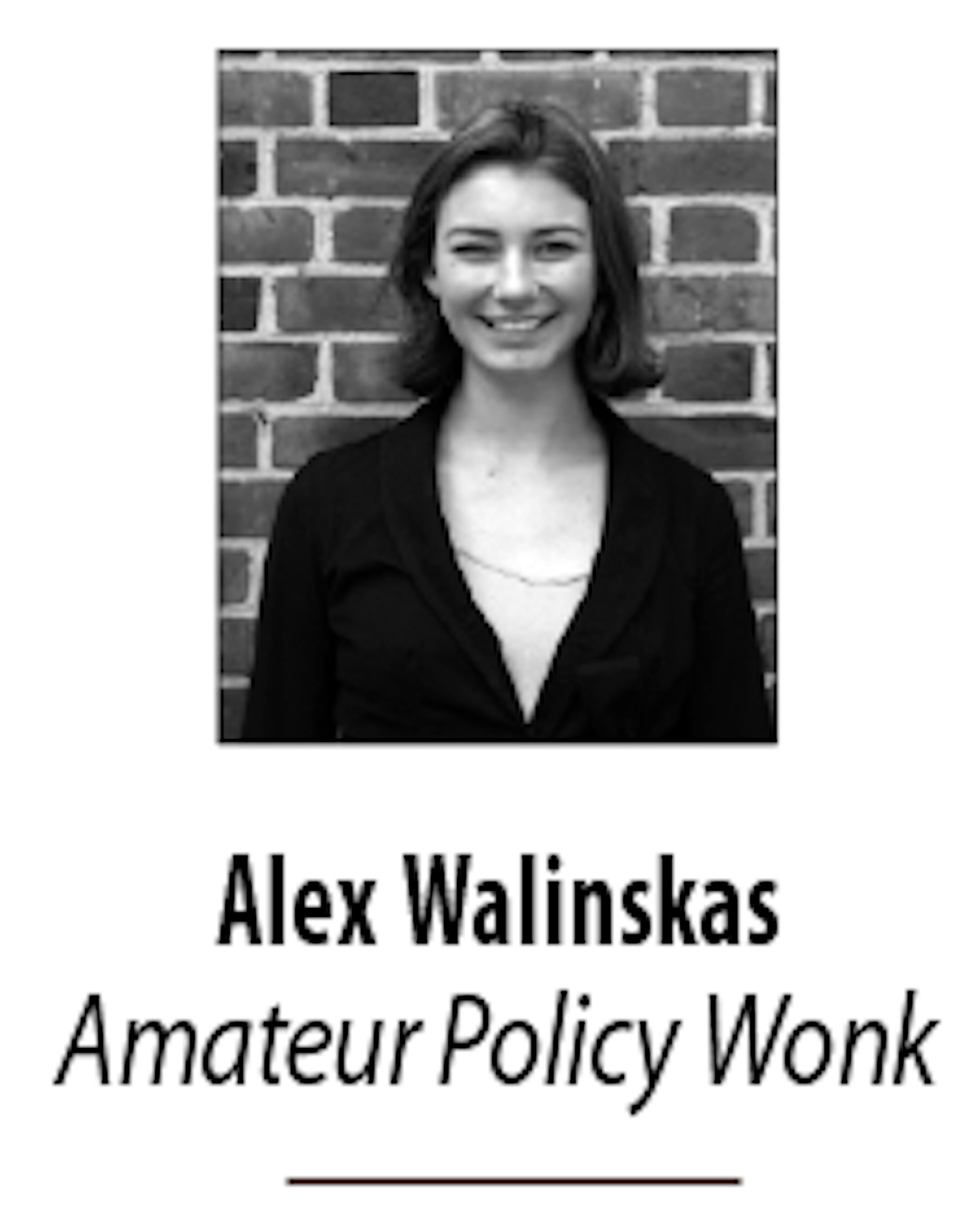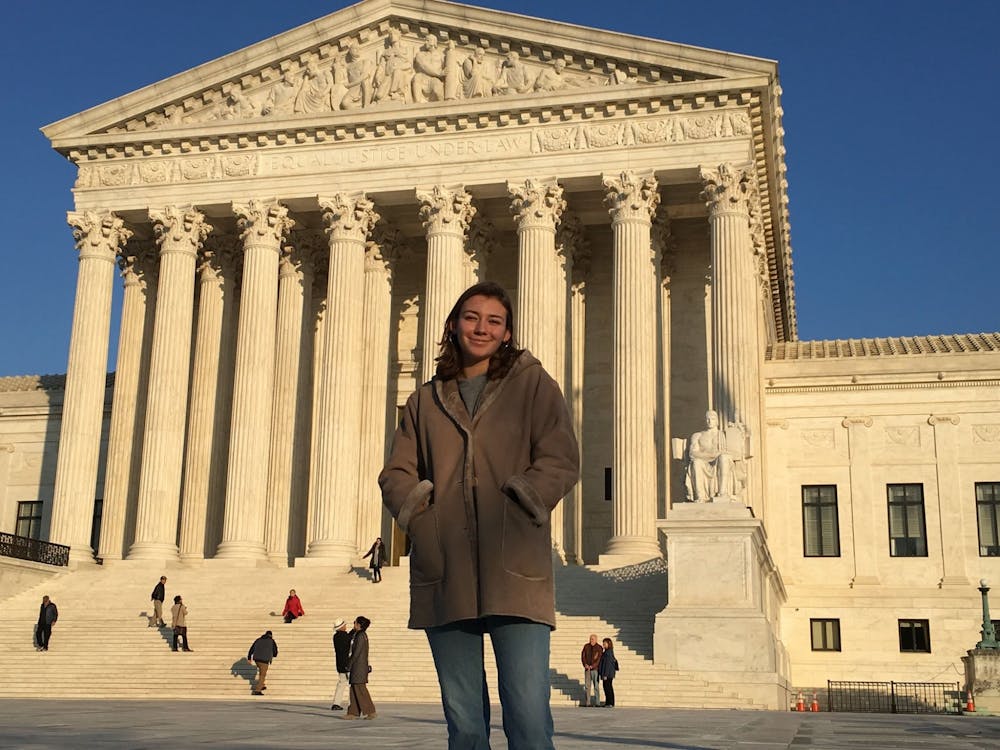
With my December graduation fast approaching (and my senioritis hitting hard), I’ve been sitting with nostalgia and reflection on the past 3.5 years at Hopkins. I never expected to devote as much time as I have in college to policy and politics, but I’m so thankful that my experiences at Hopkins guided me in this direction. Consider this week’s column both a “thank you, Hopkins community” and a “wow, I made it!” note.
Coming into Hopkins, I wanted to be an Environmental Studies (ENVS) major, and that hasn’t changed. But I had no clue what direction my curriculum would take me in. I could just as easily have ended up focusing on ecology as much as I have on climate policy. In high school, I had a pretty equal love for both the sciences and social studies, and in my pre-college mind Hopkins seemed like a pretty dominant STEM school.
The required coursework for the ENVS major is very interdisciplinary and exposed me more in-depth to environmental policy throughout my time here. My first push into politics and policy, however, happened outside of the classroom, starting with my peers. While politics certainly came up in high school, Hopkins marked a transition into a place where many of the people around me earnestly jumped into conversations about local and national politics on the regular.
I participated in the “HopkinsCORPS” pre-Orientation program, so off the bat I was surrounded by other students who wanted to think about social and environmental issues and their political roots. My freshman year also started months before the 2016 elections, and a main topic of public discourse was the implications of a Trump presidency.
Through my involvement in student government and many conversations in and out of the classroom, I came to realize that politics isn’t just a hobby. It shapes peoples’ lives and well-being. To be apolitical, to avoid “dealing with” certain candidates and policies, can itself be immoral. Trump’s racist, nationalist rhetoric was — and still is — a direct harm to many of our classmates, and that’s not something you should just be “apolitical” about.
My experience with Students for Environmental Action (SEA) was also an influential push into the love for environmental policy that presently occupies my life. Right away, SEA gave me a network of students who are deeply passionate about environmental issues and want to act and organize around it. One of my best memories from SEA is when we went to community associations around the city and spoke in favor of a proposed (and now enacted!) Styrofoam ban. This taste into the grassroots efforts behind local policies sparked my current engagement in Councilperson Zeke Cohen’s campaign.
Later on in my Hopkins career, my coursework started to translate more directly into policy work. I signed up for the Aitchison Public Policy Program, which is the Hopkins version of a D.C. semester. Hopkins in general is full of many passionate people willing to talk about politics, but with my D.C. classmates I really felt a sense of being able to dive into weeds and nerd out about policy details.
Living minutes from Capitol Hill gave me the false impression that my life was a scene out of The West Wing or House of Cards (spoiler: it wasn’t). There was a special thrill in being able to walk to protests outside the Supreme Court or attend events inside the Capitol itself. The program’s structure includes time during the weekday for us to intern, which was such a nice way to get experience working in Washington.
Alongside learning through my peers and programs like Aitchison and those of the Center for Social Concern, my classes at Homewood have allowed me to dive deeper into environmental policy. I’ve been lucky to spend my entire time here in the Environmental Science and Studies department, a small but mighty collection of students and faculty centered around global environmental change and sustainability. Our course requirements include a mix of policy, international affairs, economics, philosophy and science, which has given me the broad understanding necessary to tackle complicated environmental policy issues like climate change.
As my graduation day approaches, I don’t know for sure what my next steps are. What I do know is that my time at this school has been a tremendous privilege, and I want to use all the skills and connections and knowledge from my time here to build and support policy for a more sustainable, equitable world.
To the Hopkins and Baltimore community: Thank you for helping me get to this point. Between the opportunities this campus and city has and the dedicated political activism and commitment that is constantly emerging from students on this campus, I hope to look on as an alum and see Hopkins being a birth place of caring political leaders and policy wonks.

















